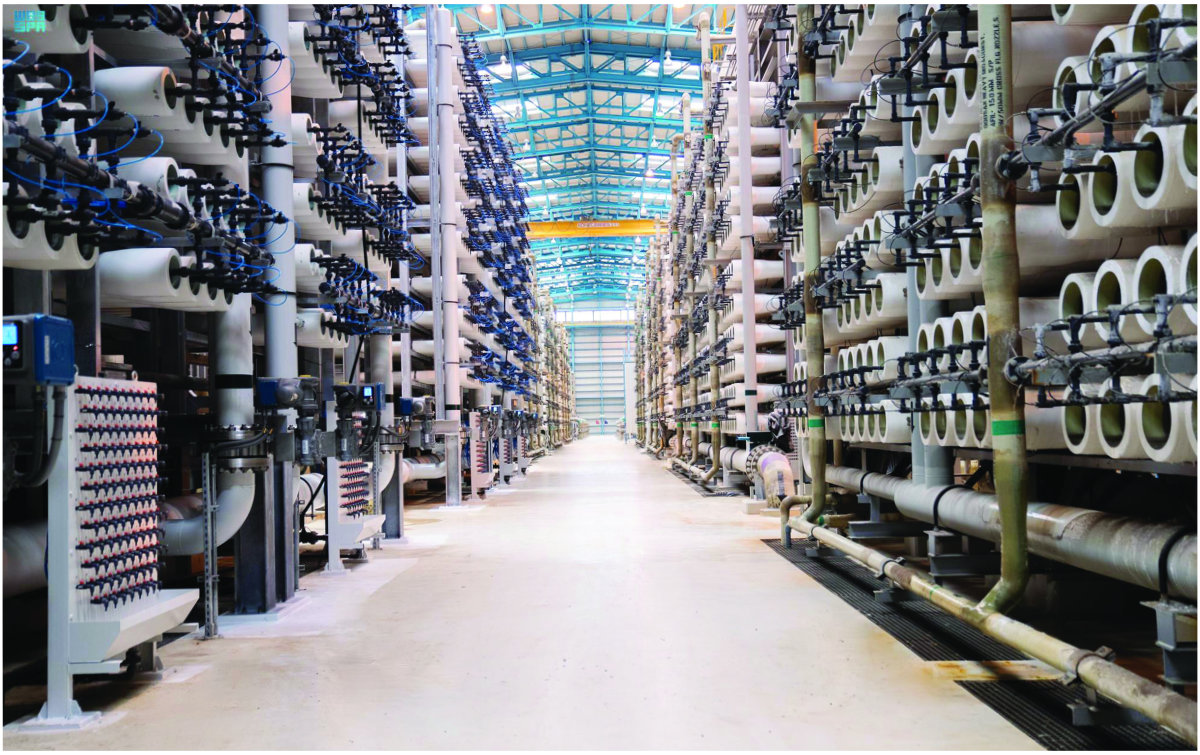In a landmark study of airborne microorganisms from ground level down to 3,500 meters, NTU Singapore scientists found that bacteria and fungi populate the planet’s lower atmosphere in very specific ways and, if they are modified, may have a negative impact on human health and the food supply.
In their latest article published in the journal Proceedings of the National Academy of Sciences of the United States of America (PNAS), researchers from the Singapore Center for Environmental Life Sciences Engineering (SCELSE) show that temperature is the most important factor influencing the composition of airborne microbial communities.
As the air temperature changes, the species found and the bacteria to fungi ratio change significantly. With climate change and global warming, the increase in temperature will impact the atmospheric microbial ecosystem, as well as terrestrial and aquatic planetary ecosystems.
If the air microbiome changes on a global scale, it can affect human health, exacerbate respiratory syndromes in susceptible patients, or it could affect the yield of agricultural crops, which then threatens food security.
For their research, the team analyzed air samples taken from various locations: a 50-storey residential apartment in Singapore ([email protected]), Mount Santis in Switzerland, as well as a metrology tower and a research aircraft in Germany.
With this comprehensive new ‘vertical map’ of microorganisms suspended in the planet’s atmosphere as a reference, scientists can now model and predict changes in the air microbiome if temperatures were to rise by two degrees or more. .




